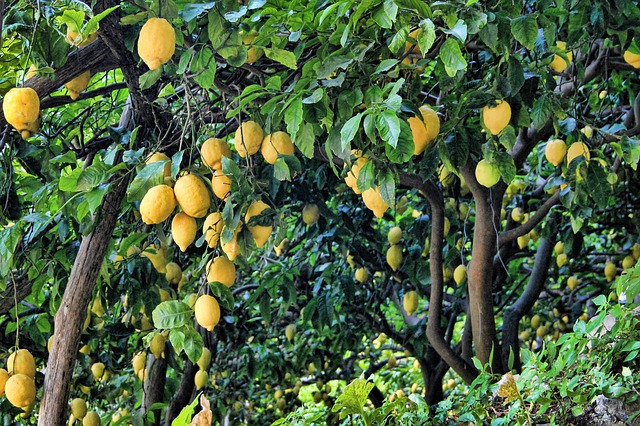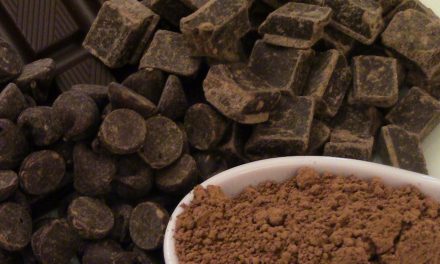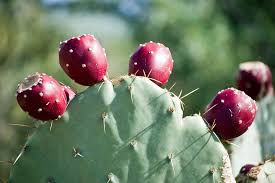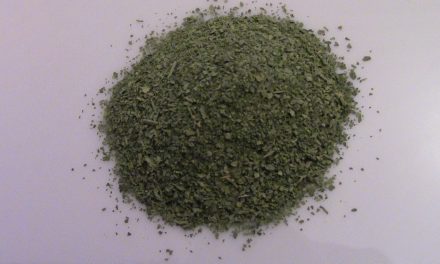Lemons have been around for thousands of years. In all the articles I examined, I found that experts can’t agree on where they originated. Speculation says they come from Northern India, Burma, and/or southern China. Lemons are a cross breed between lime and citron. Citrus has long been domesticated and genetically altered. One of the more easily manipulated plants, lemons have been cross-bred with a variety of other citrus. No matter where they are from, this remains fact.
How Lemons Traveled the World
Citrus was known in the ancient world, especially throughout Rome and the lands they conquered, though the plant was used primarily for ornamental and medicinal purpose. Citrus spread outward to Persia, Iraq and Egypt. And finally ended up in Europe. It is the belief that Christian Crusaders brought the plants with them when returning to Europe from the Middle East.
Lemons ended up in the gardens of the French Court. Here many hybrid versions were created. Experiments with grafting happened under the skillful hands of the King’s Master Gardener. Though records and schematics of these gardens and experiments were salvaged from the ruins of the French Revolution, the techniques were not used until centuries later.
Citrus crossed the oceans during the discovery years and was introduced to Hispanola by Christopher Columbus on his second voyage. He brought lemons and limes to both America and the Islands of Spain. Lemon groves were planted in both Florida and California where they still flourish today.
The Useful Lemon
 Lemons are used daily by Americans. We drink lemonade by the gallon and use cleaning products that contain lemon oil and lemon juice. We cook with it, thanks to Escoffier introducing the acidic aspects of food into European and American cuisine (this is one of the 6 tastes in Ayurvedic cooking). As a cook I learned to deglaze with lemon or lime juice. It is a much better flavor than wine, or even vinegar, and adds that “kick” to a dish.
Lemons are used daily by Americans. We drink lemonade by the gallon and use cleaning products that contain lemon oil and lemon juice. We cook with it, thanks to Escoffier introducing the acidic aspects of food into European and American cuisine (this is one of the 6 tastes in Ayurvedic cooking). As a cook I learned to deglaze with lemon or lime juice. It is a much better flavor than wine, or even vinegar, and adds that “kick” to a dish.
Lemons are known to have healing properties. They are high in vitamin C, and it’s the good kind of vitamin C. Studies have shown that liminoids, one of the compounds in citrus lasts much longer in the body than other anti-carcinogenic agents. Lemons, along with limes, became the cure for the dreaded scurvy plaguing the ships crews in the 1700’s.
I prefer to use fresh lemons in cooking as much as I can, not the concentrated stuff. Fresh lemons taste much better. Unfortunately last year the lemon crops were really bad and I resorted to concentrated bottled lemon juice. This year’s crop is looking a little better and I’m hoping to have hummus filled with the brightness fresh lemons bring to the dish.
Even though lemons are a perennial evergreen tree, they are at their peak June through September. This is the time I like to buy several pounds and pasteurize my own lemon juice. It’s a bit of work, but worth it to be able to go to the shelf and get my own juice.
If you are interested in exploring more about the kinds of lemons available, here’s a comprehensive read.
However you like your lemons, whether candied, in lemonade, or squeezed over a fresh avocado, remember that they are nourishing and refreshing to the body, and taste good!







